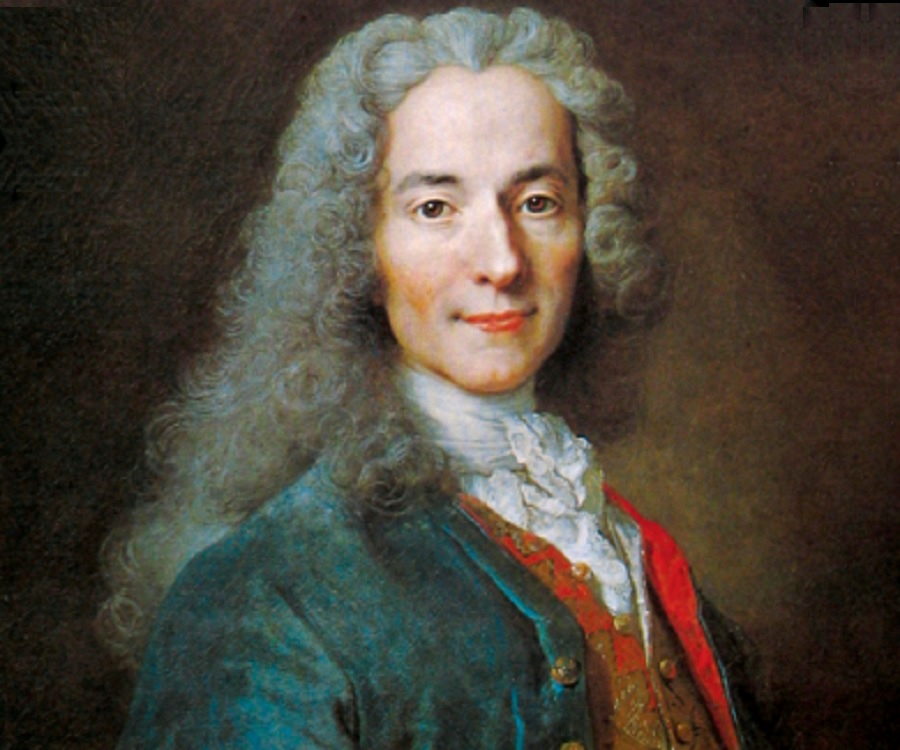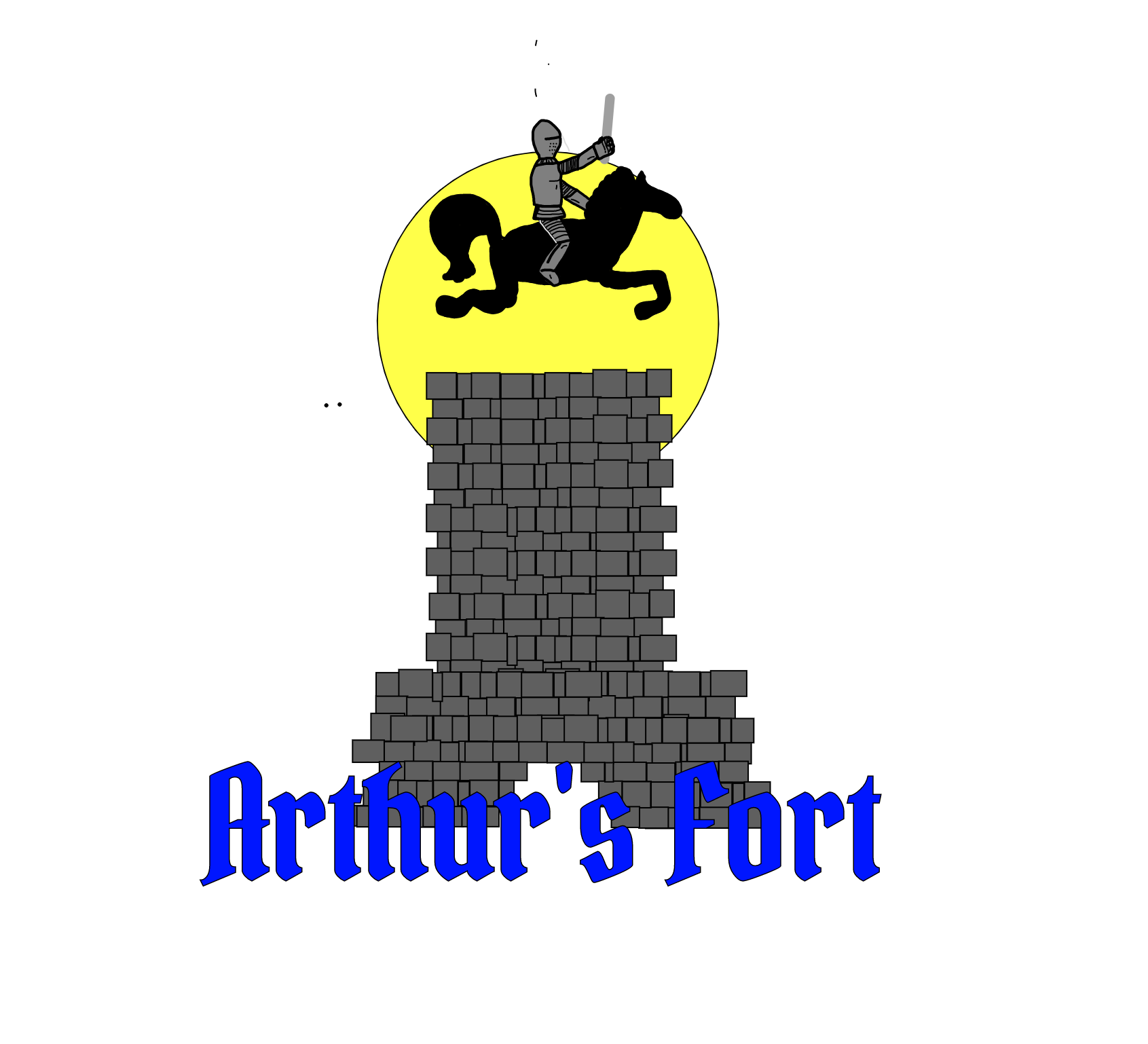
Voltaire was one of the greatest philosophers who ever lived. He believed in liberty, and laughed in the face of big government, and mocked monarchs during a time when monarchs had more power than almost any other time in European history.
François-Marie Arouet was born in Paris on November 21, 1694. He was the youngest of five children, the son of a minor treasury official, François Arouet. Early in his life, Arouet was educated by a group of Jesuits, who introduced him to Latin, theology, and rhetoric. When he left school, he chose to become a writer other than a lawyer like his father wanted him to be.
Even when his father sent him to law school at Caen, Arouet continued to write. In 1718 he adopted a pen name for his work, Voltaire. Voltaire began to write fiction. He briefly met Rosseau in Belgium. His first story published in 1720, Artémire, set in ancient Macedonia, was a flop. His second book, La Henriade, an epic poem of Henry IV of France, had to be published in the Hague in 1723 after he was turned down in France. He noted the greater freedom and openness in the Netherlands in comparison to France.
A few years later, after returning to his home country, Voltaire had a quarrel with an aristocratic chevalier de Rohan-Chabot. After both he and Voltaire insulted each other, de Rohan-Chabot hired thugs to imprison Voltaire in the Bastille. To escape imprisonment, he asked to be exiled in Britain instead. The French authorities accepted, and sent him off to Calais from where he would go to Britain.
There in Britain, Voltaire caught the attention of Great Britain’s high society. He met some of the most prominent men and women in the Empire; And he was largely affected as well. He looked at how Britain’s constitutional monarchy contrasted with his home country’s absolute monarchy. In Britain, as it was in the Netherlands, there was greater freedom of speech and freedom of religion. He continued to write while in Britain.
After two and a half years in Britain, Voltaire was able to return to France. One dinner, Voltaire met French mathematician Charles Marie de La Condamine. He proposed to Voltaire to participate in the lottery, which was organized by the French government to pay off its massive debts under Louis XV. Voltaire faired quite well, earning up to a million livres. He used this money to sway the court of finances so that he could take control of a trust fund inherited from his father.
Voltaire’s subsquent books and plays in the 1730s were very successful, and he began to gain fame abroad. He published essays on British government, literature, religion and science. Voltaire greatly admired the freedoms and sense independence he saw among the British and Dutch, something he did not see among his own countrymen.
Voltaire was himself influenced by other intellectuals, including Newton, whose theories and experiments he himself tested. He even translated Newton’s Latin book on mathematics Principia into French. He also caught the attention of European monarchs, notably Frederick the Great of Prussia. He met with the Prussian king multiple times during the 1740s. At one point in 1743, Voltaire was sent to Frederick’s court as a French spy during the War of Austrian succession.
In 1750, Voltaire moved to Prussia, where he was made by Frederick the Great his chamberlain in his household. He was appointed the Order of Merit, a medal of honor in Prussia, along with a salary of 20,000 Livres yearly. There he completed a science fiction story, Micromégas, about a group of ambassidors from another planet looking at everything wrong about humans and the society they built.
But by 1752, Voltaire’s relationship with Frederick the Great began to deteriorate. A Jewish financier accused Voltaire of theft and forgery. He also had a heated argument with Maupertuis, president of the Berlin Academy of Science. The argument affected his next book Diatribe du Docteur Akakia, a book written as a satire to Maupertuis’ theories.
Later that year, Voltaire left Prussia to return to France. But in 1754, Louis XV banned him from Paris, so Voltaire moved to Geneva instead. He bought a large estate at Ferney, and there he wrote his defining work, Candide. It shook Europe, and Voltaire had grown to be an unmatched intellectual by the 1760s.
Voltaire began to defend those persecuted by the state authorities, including a French huguenot, Jean Calas. He had supposedly killed his eldest son for wanting to convert to Catholicism, though there wasn’t solid evidence for that. In 1763, Calas was tortured to death.
Voltaire became a freemason towards the end of his life, encouraged by Benjamin Franklin. During his final year, Voltaire finally retuned to Paris after 25 years for the last time. He eventually grew ill, and on May 30, 1778, he was dead at 83.
Voltaire spent his life constantly learning, and questioning authority. He was never afraid to be witty yet gouge high society with piercing insults. He criticized humankind for all their follies, and believed that humanity needed higher morality, as well as higher freedom. Just as we, here in Arthur’s Fort, believe in higher morality, and higher freedom.
